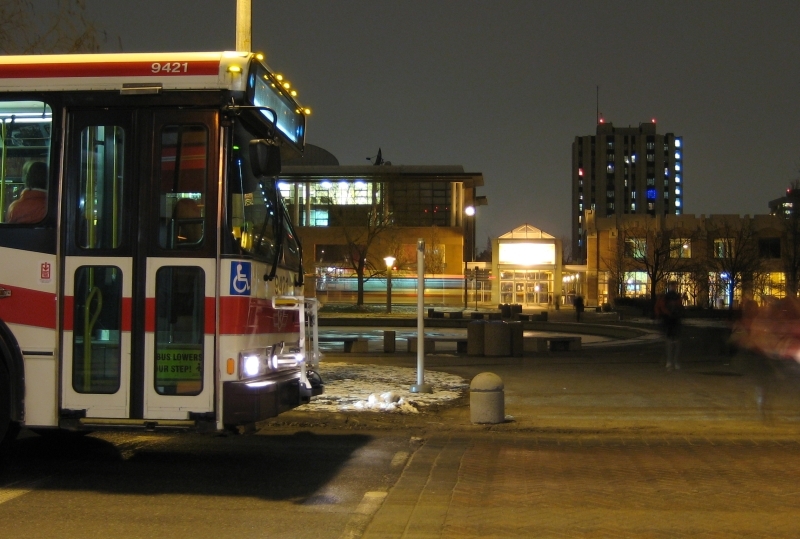
The TTC is planning to raise fare prices for their operating budget in the coming year.
The budget for 2013 included increased service to meet the projected annual ridership of 540 million passengers in 2014, an increase of 2.3 per cent of ridership from the previous year.
The 2014 operating budget is required account for this all-time record projection of ridership. For this reason, the TTC believes that increased fares are necessary. They also expect a subsidy of $428 million from the City of Toronto.
Andy Byford, CEO of Toronto Transit Commission, says with ever-increasing ridership, it is important to pass a budget that allows the TTC to add service and meet demands.
“While I appreciate that fare increases are never popular, the increase is limited to the rate of inflation,” says Byford. “At the same time, we successfully argued for an increase in subsidy from the city of Toronto, so we can now continue in our efforts to increase service reliability and drive up customer satisfaction.”
There are already some 100 service increases this fall on subway, streetcar, and bus routes. These increases are required to carry the higher level of passenger demand within the Commission-approved vehicle crowding standards. The crowding standards were made more stringent in early 2012 as part of the TTC’s response to the city’s budget-reduction initiative.
According to the TTC’s report on the 2014 TTC and wheel-trans operating budgets, the day-to-day expenses associated with running the TTC are budgeted to increase by approximately $59.6 million in 2014.
The increases fall into services ($16.6 million, i.e. additional service hours and kilometres), vehicle maintenance ($9.4 million, i.e. warranty coverage for more hybrid buses, seat replacements), hydro ($7.1 million, i.e.a dramatic increase in power consumption by the subway trains due to passenger load, resulting in more weight, and higher-capacity), facility maintenance ($5.1. million, i.e. heating, ventilation and air conditioning systems), and many more.
First-year York student Julia Mariani, comments on the proposed fare increase.
“The TTC tends to get really packed and if they’re doing something to change that, I’m for it,” she says. “If we want to have a better transit system that is more efficient, paying a few more dollars to do so is fine as long as the changes are actually there. Then I think it’s not really a big deal.”
For adults, all three proposed options for the budget will increase token prices from $2.65 to $2.70. The weekly pass will see an increase in price from $38.50 to $39.25. The regular metropass will increase two dollars from the current price of $128.50 to $131. For students using a MDP (Metropass Discount Price), the price will be increase from $117.75 to $120.
Only one of the proposed options will see an increase in cash payment for adults from $3 to $3.25.
If approved, these changes will be effective January 1, 2014.
Jahnome McEwan
Contributor



